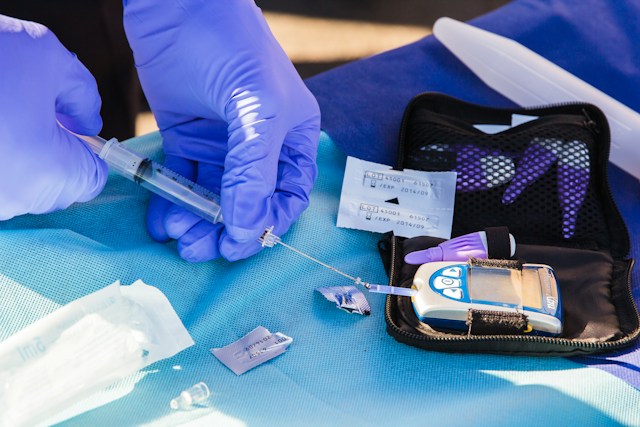Pioneering Continuous Organ Monitoring
Researchers at Northwestern University have achieved a significant milestone by creating the first electronic device capable of continuously monitoring the condition of transplanted organs in real-time.
A tiny sensor, smaller than a fingertip, has the potential to revolutionize kidney transplant rejection detection. The device, tested on mice, can identify early signs of kidney rejection up to three weeks earlier than current methods.
Timely Intervention for Organ Rejection
Although a body can potentially reject an organ years after transplantation, timely intervention is crucial. This timely response can make all the difference between restoring balance and undergoing the challenging transplant process once again.
Furthermore, while the search for improved sources of donor kidneys continues, progress is slow. In the United States, the current waitlist for a new kidney spans three to five years.
Providing Vital Early Alerts
Naturally, the ability to continuously monitor the health of a newly transplanted kidney would be life-changing for patients. This monitoring device, measuring just 0.3 cm x 0.7 cm and 220 microns thick, is designed to be placed beneath the fibrous renal capsule layer that envelops and protects the kidney. The soft implant can identify temperature fluctuations associated with inflammation and other early rejection indicators. If a change is detected, it promptly sends an alert wirelessly to a nearby smartphone or tablet.
Since rejection often begins without obvious symptoms, this device has the potential to alert patients to critical changes that might otherwise go unnoticed. Consequently, it provides essential peace of mind for individuals whose lives depend on the success of the transplant.







